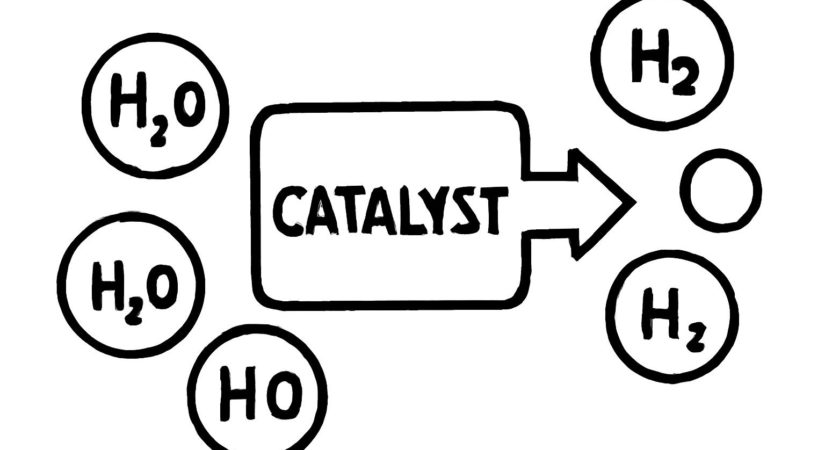Green hydrogen, produced by water electrolysis using renewable energy, is seen as a key future energy source. While countries like Spain focus heavily on green hydrogen, sustainable large-scale production remains a challenge. Japan is making significant progress in this area.
Proton exchange membrane (PEM) electrolysers, favored for their efficiency and quick response to variable renewable energy, rely on expensive catalysts such as platinum and iridium. These rare metals resist acid corrosion and facilitate oxygen conversion, critical for hydrogen production.
Researchers at Japan’s RIKEN Institute have created a breakthrough by using manganese, a common metal, as an alternative catalyst. They engineered a manganese oxide (MnO₂) catalyst with a specially manipulated three-dimensional lattice structure that forms stronger bonds with oxygen atoms.
This improved MnO₂ catalyst demonstrates significantly enhanced stability and durability compared to other non-precious metal catalysts. It resists dissolution in acid and sustains water electrolysis reactions longer, producing 1,000% more hydrogen. Laboratory tests showed it operated continuously for over 1,000 hours at 200 mA/cm², generating ten times the hydrogen output of comparable materials.
While further development is needed before industrial adoption, this advance marks a major step toward cost-effective, sustainable hydrogen production without relying on rare metals. Researchers aim to refine the manganese catalyst to improve current density and lifespan, ultimately enabling iridium-free water electrolysis.
